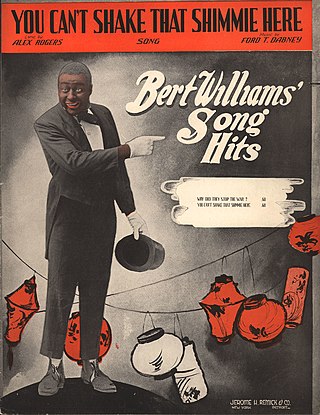Booker T or Booker T. may refer to
Flash, flashes, or FLASH may refer to:
Thatcher most commonly refers to:
Scotty is a common nickname for a Scottish man, or for a Scottish Terrier dog.
George Scott may refer to:
James, Jim, Jimmy, or Jamie Davis may refer to:
White is a surname either of English or of Scottish and Irish origin, the latter being an anglicisation of the Scottish Gaelic MacGillebhàin, "Son of the fair gillie" and the Irish "Mac Faoitigh" or "de Faoite". It is the seventeenth most common surname in England. In the 1990 United States Census, "White" ranked fourteenth among all reported surnames in frequency, accounting for 0.28% of the population. By 2000, White had fallen to position 20 in the United States and 22nd position by 2014
John Morrison or Morison may refer to:
Ray or Raymond Brown may refer to:
Prince of Darkness may refer to:
Great White is an American rock band.
Big Al may refer to:
Robert, Bob, or Bobby Bradley may refer to:
Larry Johnson may refer to:
Hard Times may refer to:
Crockett is a surname of British origin, which derives from the Middle English word "croket", meaning "a large curl"., although some are also derived from the French name "Crocketagne". The name may refer to:
Michael or Mike Bennett may refer to:
Luther is a given name of various origins, The name Luther is boy's name of German origin meaning "army". It was once exclusive to Evangelical Protestants honoring the ecclesiastical reformer and theologian Martin Luther, founder of the Protestant Church.
Buddy is the nickname of:

Ford Thompson Dabney was an American ragtime pianist, composer, songwriter, and acclaimed director of bands and orchestras for Broadway musical theater, revues, vaudeville, and early recordings. Additionally, for two years in Washington, from 1910 to 1912, he was proprietor of a theater that featured vaudeville, musical revues, and silent film. Dabney is best known as composer and lyricist of the 1910 song "That's Why They Call Me Shine," which for eleven point three decades, through 2022, has endured as a jazz standard. As of 2020, in the jazz genre, "Shine" has been recorded 646 times Dabney and one of his chief collaborators, James Reese Europe (1880–1919), were transitional figures in the prehistory of jazz that evolved from ragtime and blues — and grew into stride, boogie-woogie, and other next levels in jazz. Their 1914 composition, "Castle Walk" – recorded February 10, 1914, by Europe's Society Orchestra with Dabney at the piano – is one of the earliest recordings of jazz.